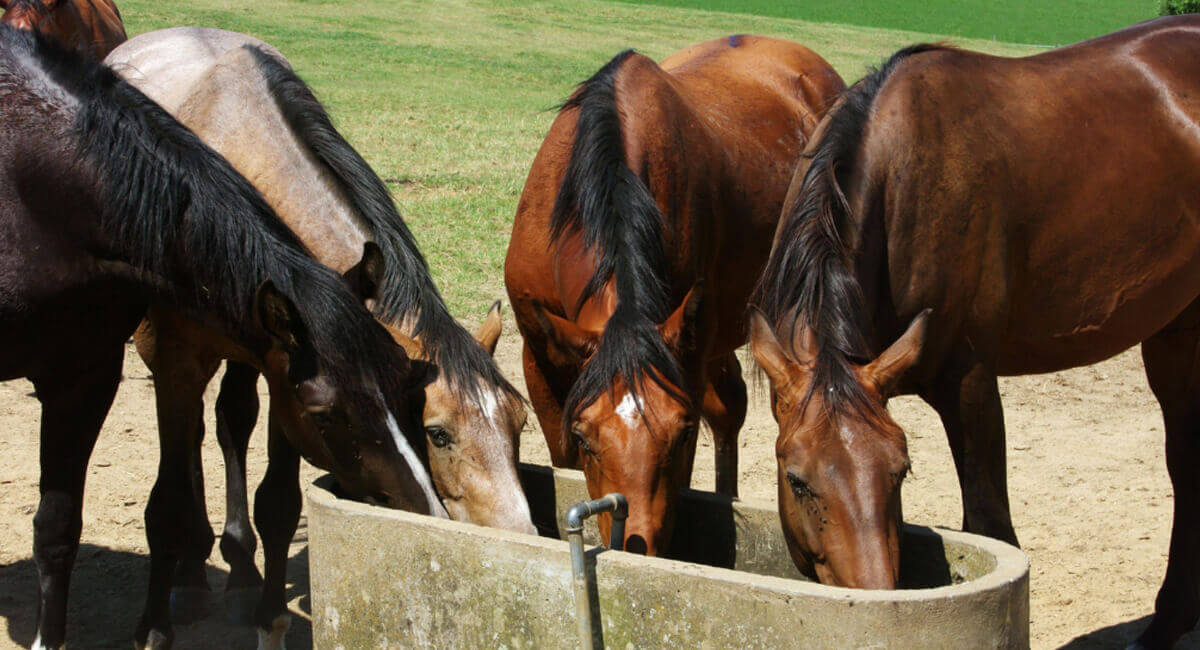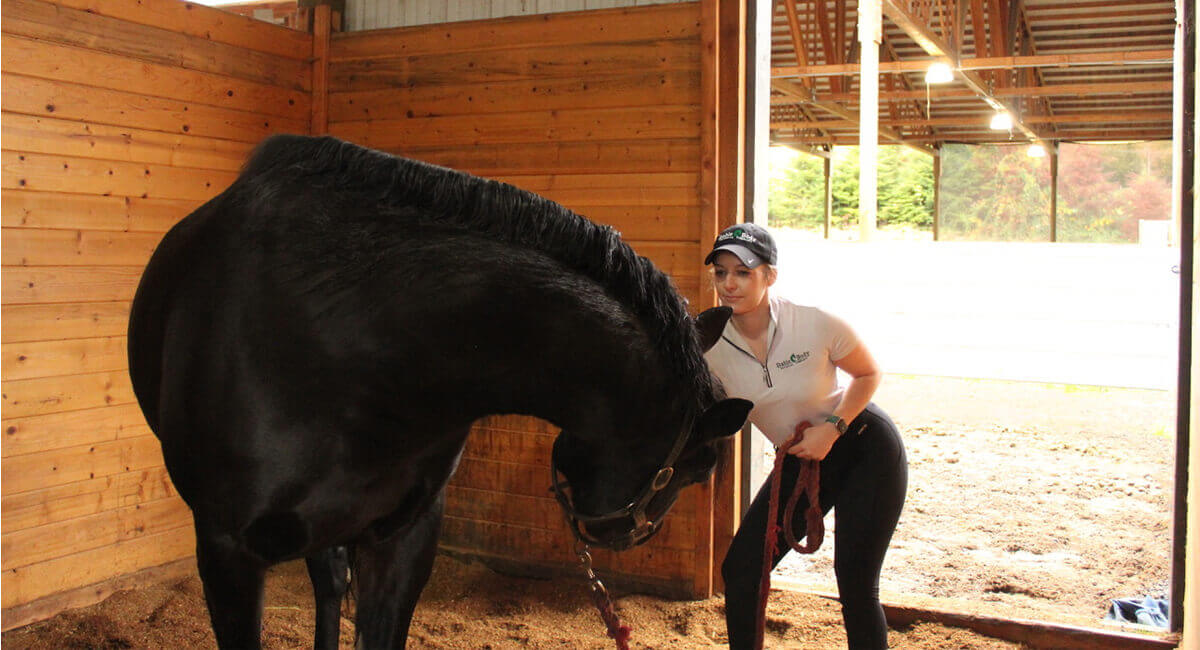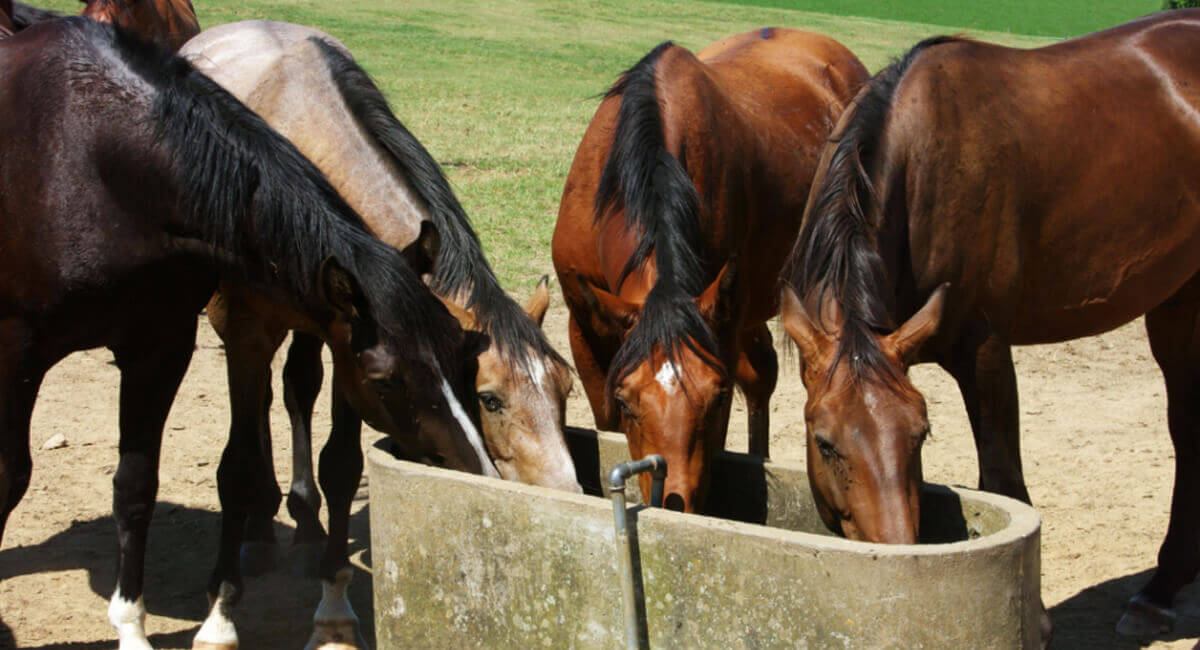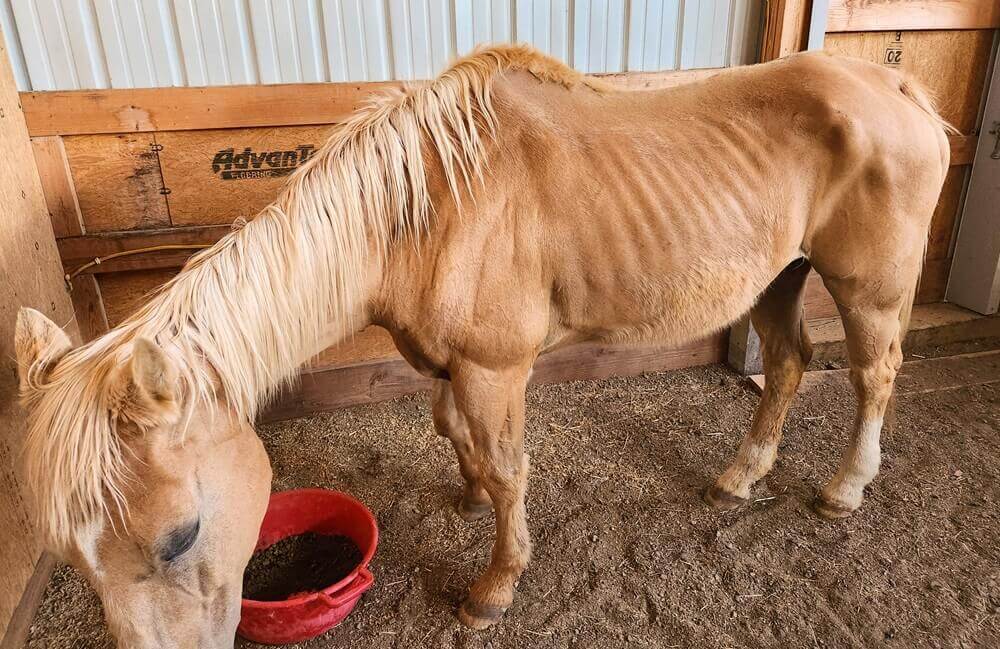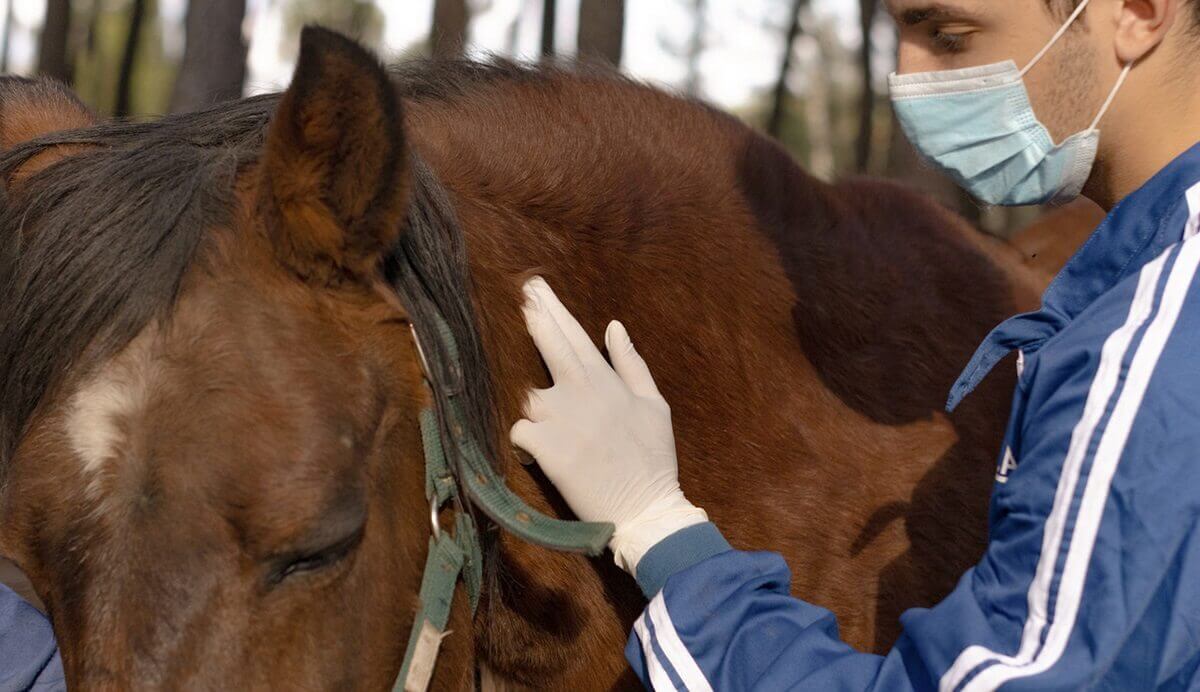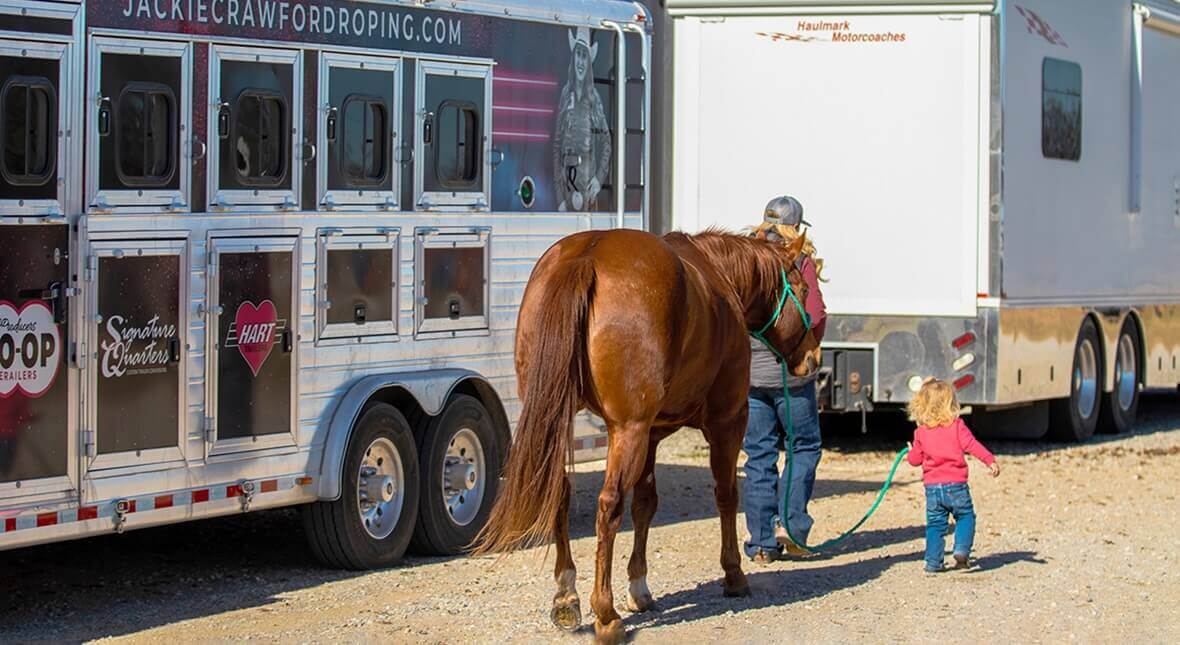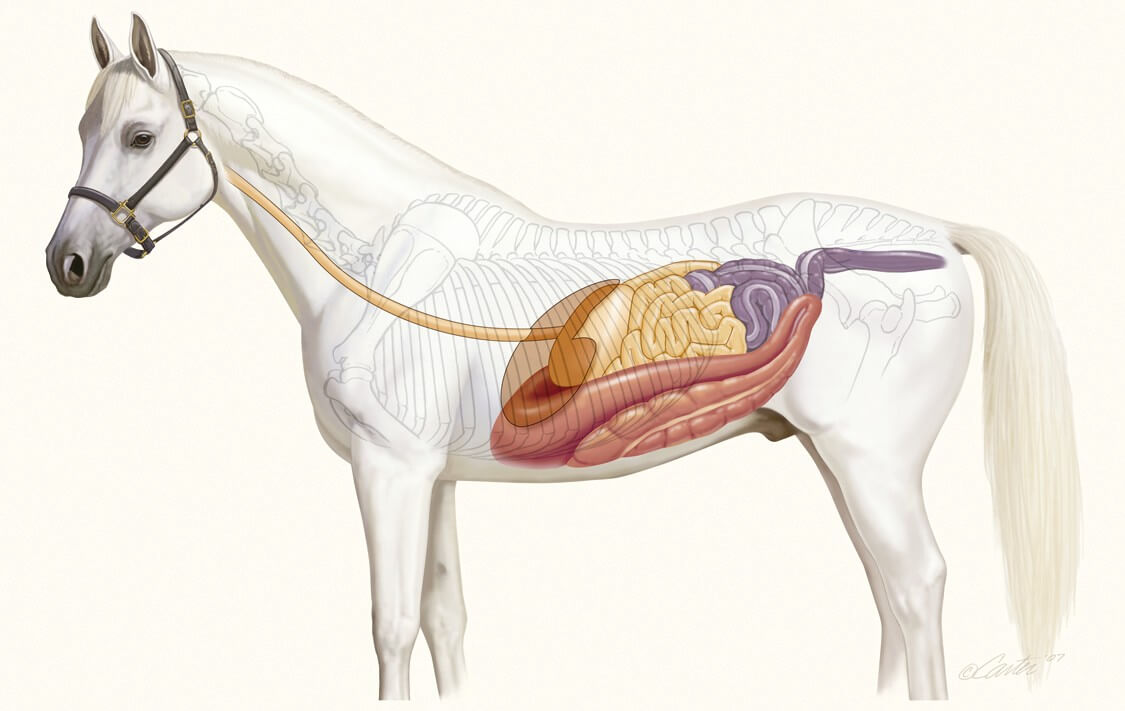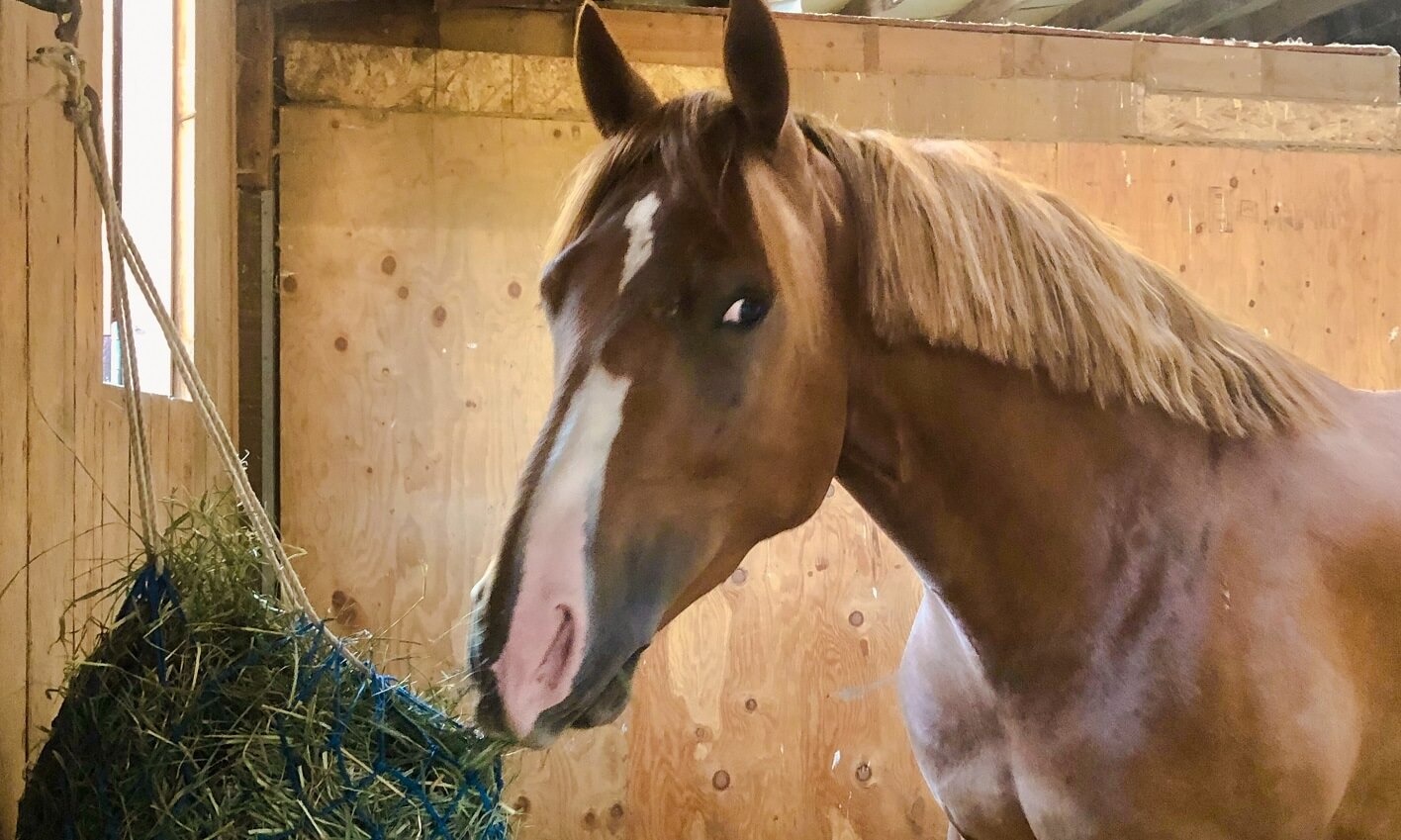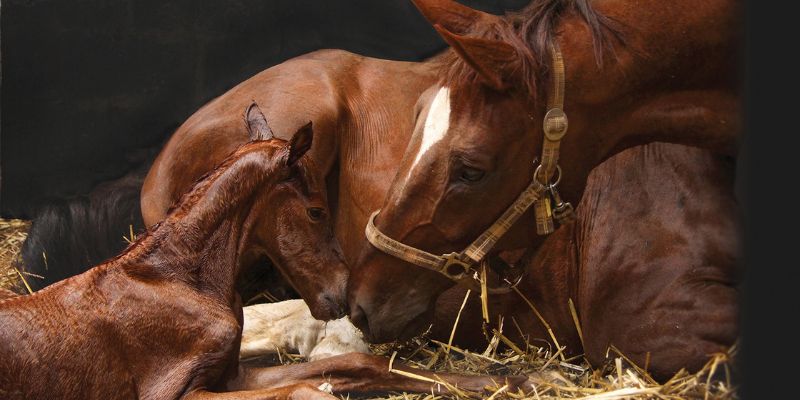Preventing Dehydration in the Horse
With exercise, the body temperature rises. This heat must be dissipated, or the horse will literally “cook”! The body cools itself through the evaporation of sweat, so sweating is especially important for the exercising horse. The sweat contains water and electrolytes, or salts. The main electrolytes are sodium, chloride, potassium, calcium, …

